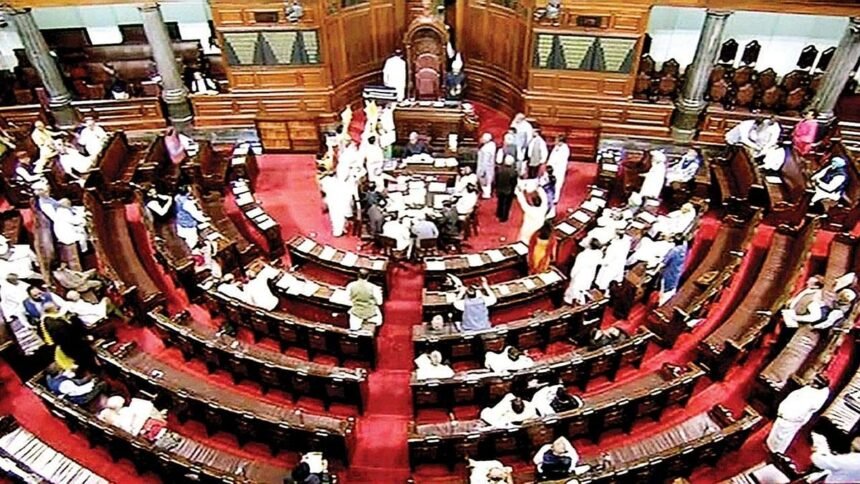In a noteworthy development, the Uttarakhand Assembly is set to present the Uniform Civil Code (UCC) Bill today, signifying a crucial juncture in the state’s legislative priorities. The proposed bill, aimed at standardizing personal laws across religious communities, has garnered considerable attention and debate, reflecting broader discussions surrounding secularism, gender equality, and individual rights in India.
The concept of a Uniform Civil Code has been a longstanding subject of debate and controversy in India, dating back to the drafting of the Indian Constitution. While Article 44 of the Constitution calls for the enactment of a Uniform Civil Code as a directive principle of state policy, the issue has remained largely unresolved due to its sensitive nature and the complexities involved in harmonizing diverse personal laws.
The UCC seeks to replace the existing system of personal laws, which are based on religious customs and traditions, with a single set of laws applicable to all citizens irrespective of their faith. Proponents argue that a UCC would promote gender equality, social justice, and national integration by eliminating discriminatory practices embedded in religious laws and ensuring equal rights and protections for all individuals.
However, critics of the UCC contend that it could infringe upon religious freedom and cultural autonomy, potentially leading to backlash from religious communities. The implementation of a uniform code requires careful consideration of religious sensitivities and community concerns to avoid exacerbating social tensions and divisions.
In Uttarakhand, the introduction of the UCC Bill reflects the state government’s commitment to legislative reform and modernization. If passed, the bill would establish Uttarakhand as a pioneer in promoting legal uniformity and secular governance, setting a precedent for other states to follow suit.
The deliberations surrounding the UCC Bill in the Uttarakhand Assembly are expected to be spirited, with lawmakers representing diverse viewpoints and interests. The bill’s proponents are likely to emphasize its potential benefits in fostering social cohesion, gender equality, and legal clarity, while opponents may raise concerns about its implications for religious diversity and individual freedoms.
Moreover, the outcome of the UCC debate in Uttarakhand could have far-reaching implications for national politics and policymaking. As one of the first states to actively pursue the enactment of a Uniform Civil Code, Uttarakhand’s legislative initiative may influence the discourse and agenda-setting at the national level, spurring further discussions and actions on this contentious issue.
Beyond its immediate legislative implications, the UCC Bill in Uttarakhand reflects broader societal aspirations for progressive reform and social justice. By addressing the complexities of personal laws and advancing principles of equality and secularism, the proposed bill embodies the state’s commitment to inclusive governance and legal modernization.
As the Uttarakhand Assembly gathers to discuss the Uniform Civil Code Bill, there is keen anticipation for legislators to adhere to the foundational values of justice, equality, and religious diversity outlined in the Indian Constitution. The outcome of this landmark legislative initiative will not only shape the legal landscape of Uttarakhand but also contribute to the ongoing evolution of India’s democratic ideals and aspirations for a more just and equitable society.




